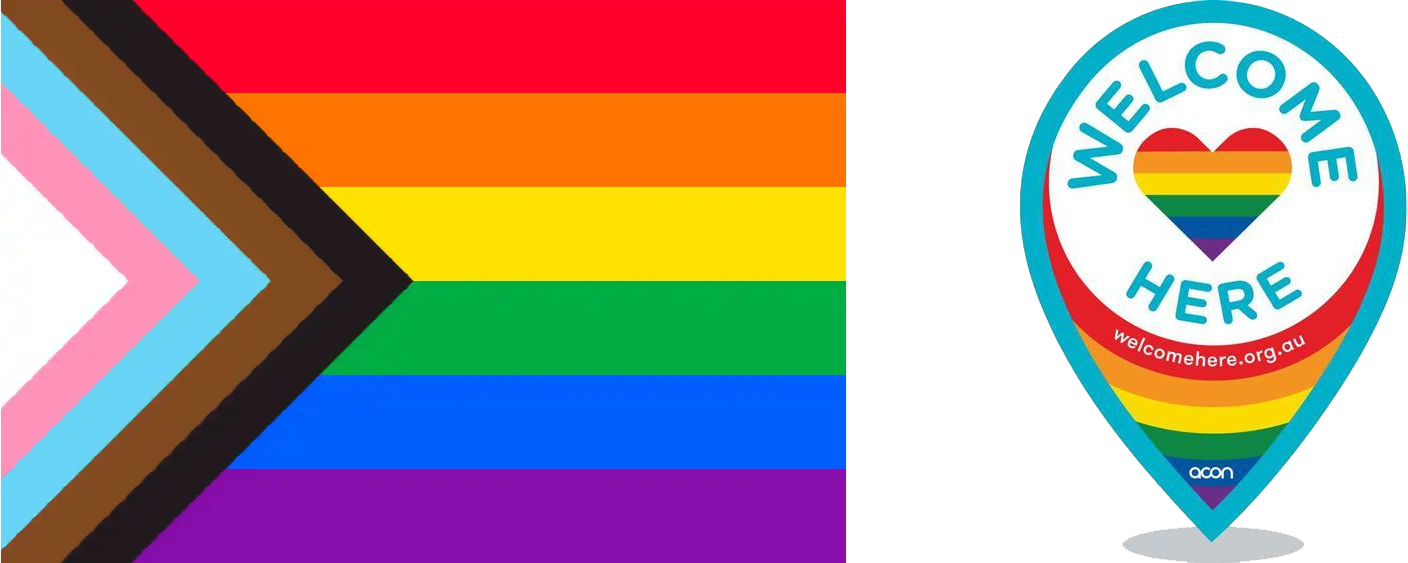Any Questions?
The Hidden Faces of Poverty in Australia And Why We Must Talk About It
For many Australians, poverty feels like a distant issue, something that affects “other people” in far-off places. But the truth is more confronting: poverty exists in every suburb, every region, and every community across this country.
Ending poverty starts with understanding it. That means looking beyond stereotypes and recognising that poverty doesn’t always look like what we expect. In fact, it’s often hidden in plain sight.
It might be:
- An older woman quietly skipping meals to afford medication
- A child going to school hungry, unable to concentrate
- A single parent sleeping in their car so their children can stay safe with family
These are the realities for millions of Australians. These are the hidden faces of poverty.
What Poverty Really Looks Like in Australia Today
Poverty is not just a lack of money—it’s a lack of access, a lack of opportunity, and a lack of dignity.
According to thePoverty in Australia 2023 report by ACOSS and UNSW, over 3.3 million Australians, or 13.4% of the population, live below the poverty line. That includes 761,000 children, one in every six.
The poverty line itself is low, just $489 per week for a single adult living alone. Yet even this modest benchmark is out of reach for many.
Living in poverty often means:
- Missing meals or eating nutritionally poor food
- Skipping medical appointments or not filling prescriptions
- Struggling to pay for rent, electricity, and essentials
- Living with chronic stress, social isolation, and declining mental and physical health
Despite popular misconceptions, poverty in Australia is not limited to unemployed people. Many affected individuals are often working in insecure or casual roles, or are carers, single parents, older Australians, or people living with disability. Sudden life changes like illness, domestic violence, or job loss impact others.
The Personal Cost of Poverty
Behind every statistic is a story, and often, that story includes silence, shame, and resilience.
One woman shared in a national survey:
“I don’t like to look like I’m struggling with money... You have to compromise a lot. It can make you feel quite isolated because you can’t go out with your friends and you’re always worried about money.”
Another said:
“I’ve been skipping meals 2–3 times a week… basically living on noodles.”
When people are forced to go without food, stable housing, medical care, or connection to their community, the impacts ripple across every aspect of life, especially mental health. And the longer someone remains in poverty, the harder it becomes to break the cycle.
Poverty doesn’t affect everyone equally. Certain groups are at significantly higher risk:
Children and families
Children make up the largest age group living in poverty. More than 1 in 6 children under the age of 14 are living below the poverty line in Australia. Children in single-parent families are particularly vulnerable, with poverty rates three times higher than those in couple-parent households.
Older Australians
For older people who rent, the poverty rate is five times higher than for those who own their homes. With just 0.2% of rentals affordable to someone on the Age Pension, housing stress is pushing more seniors into poverty and even homelessness.
First Nations communities
First Nations people continue to experience the highest rates of poverty in Australia, alongside significantly lower income levels and life expectancy gaps of up to 12 years.
Women experiencing domestic violence
Many women are forced to choose between poverty and safety. Around 1 in 5 women return to violent partners because they can’t afford to leave. Poverty is both a consequence and a barrier to escaping violence.
Poverty Is a Systemic Issue, Not a Personal Failure
It’s important to remember that poverty is not caused by laziness, poor choices, or lack of effort. It’s the result of structural inequality, stagnant wages, rising living costs, inadequate social safety nets, and unequal access to housing, healthcare, education, and employment.
Many Australians experiencing poverty are doing everything they can and still not getting ahead.
What Can Be Done?
Solving poverty requires both policy reform and community action.
Some of the most effective, evidence-backed solutions include:
- Increasing income support payments to lift people out of deep poverty
- Expanding access to affordable and secure housing
- Providing targeted support to women, carers, and older people
- Supporting culturally responsive services for First Nations and multicultural communities
- Investing in education, mental health, and employment programs that are accessible and inclusive
How FOCUS Connect Provides Support For People Facing Poverty
At FOCUS Connect, we work every day with individuals and families facing hardship, often for the first time in their lives. We provide culturally responsive, practical support to people who need help now and who need to know they’re not alone.
Our services include:
- Emergency Relief for individuals and families in crisis
- NILs (No Interest Loans) for essential expenses
- Food support through our partnership with Dignity Food Relief
- Community-based programs that support wellbeing, connection, and dignity for older people, families, carers, multicultural, CALD communities and First Nations
What You Can Do
Ending poverty is a shared responsibility. Here are three ways you can take action:
- Get informed. Learn the facts and challenge the myths about poverty.
- Start conversations. Talk to your friends, workplace, or school about the reality of poverty in Australia.
- Support local action. Donate to or collaborate with organisations like FOCUS Connect that are on the front line.
Conclusion
Poverty in Australia is not always visible, but it is always urgent. By raising awareness, breaking stigma, and investing in both policy change and local support, we can build a more compassionate and fair society for everyone.
Because no one should have to choose between food and housing, and no child should go to school hungry.

FOCUS Connect, a registered not-for-profit charity, provides practical assistance and support services to disadvantaged and marginalised individuals. As a My Aged Care provider, we offer Support at Home and Commonwealth Home Support Programme services across South West and Northern Sydney. Additionally, we are a leading provider of community services to multicultural and culturally and linguistically diverse (CALD) populations across South West Sydney.
Need Support or Know Someone Who Does?
If you need support, call us at 02 4627 1188 or contact us via our online enquiry form, and we will get back to you shortly to discuss your needs and how we can assist you. If you know someone who could benefit from our services, refer them to FOCUS Connect to help them receive the support they need and deserve.











